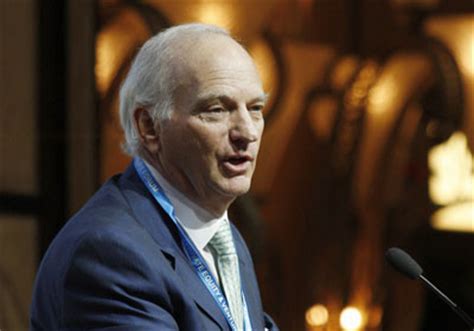A Quote by Cori Bush
Many unhoused people work full time but earn starvation, unlivable wages. Some struggle to access mental health services or substance use treatment, making earning a consistent and stable wage nearly impossible.
Related Quotes
If a market exists for low-paid work, then we should think about how we can make this type of work more attractive by providing government assistance. Of course, the wage-earner must be able to live off of his wages. We will not allow poverty wages or dumping wages. But the wage earner can receive a combined wage that includes both his actual wages and a government subsidy.
Social-enterprise employees earn wages and pay taxes, reducing their recidivism rates and dependence on government assistance. They also receive crucial on-the-job training, job-readiness skills, literacy instruction and, if necessary, the counseling and mental-health services they need to move into the mainstream workforce.
One of the things we need to do is address mental health care as an integral part of primary care. People often aren't able to navigate a separate system, so you see successful models where a primary care physician is able to identify, diagnose, and concurrently help people get mental health treatment who have mental health issues.
































